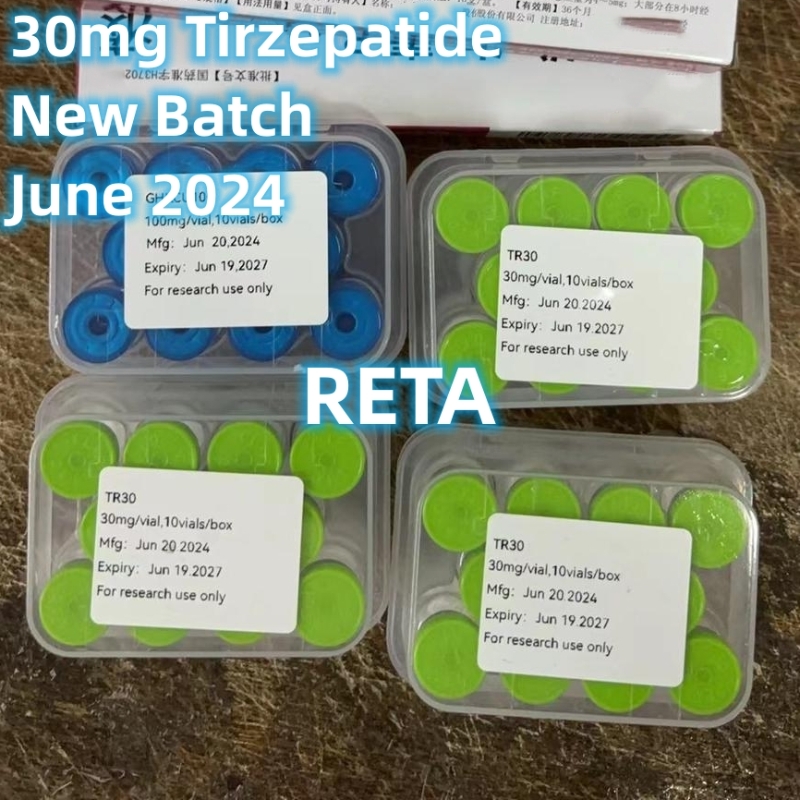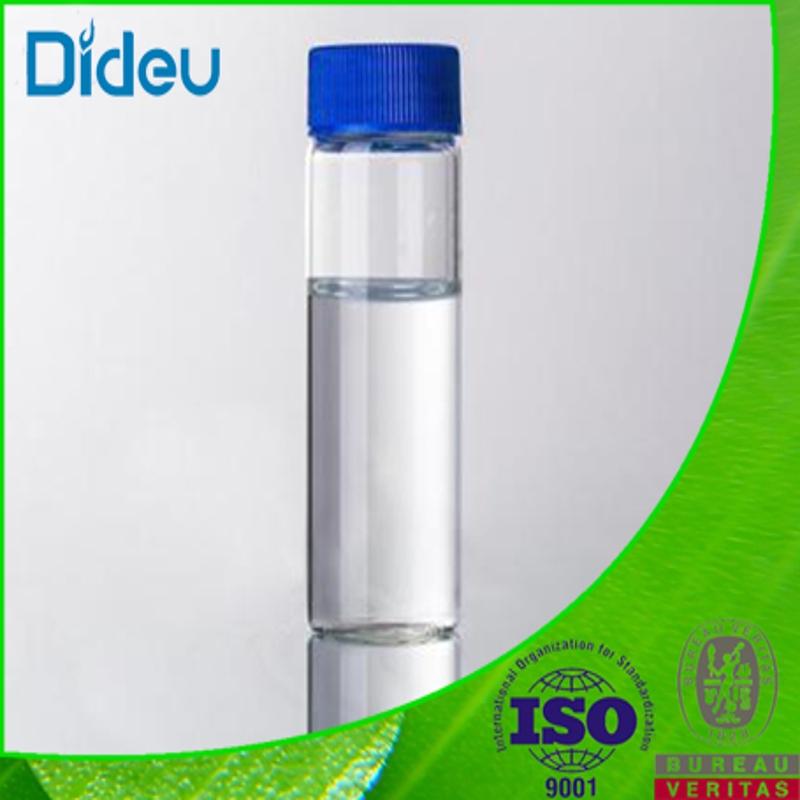-
Categories
-
Pharmaceutical Intermediates
-
Active Pharmaceutical Ingredients
-
Food Additives
- Industrial Coatings
- Agrochemicals
- Dyes and Pigments
- Surfactant
- Flavors and Fragrances
- Chemical Reagents
- Catalyst and Auxiliary
- Natural Products
- Inorganic Chemistry
-
Organic Chemistry
-
Biochemical Engineering
- Analytical Chemistry
-
Cosmetic Ingredient
- Water Treatment Chemical
-
Pharmaceutical Intermediates
Promotion
ECHEMI Mall
Wholesale
Weekly Price
Exhibition
News
-
Trade Service
Despite the ongoing impact of COVID-19, FDA's Center for Drug Evaluation and Research (CDER) agency has not seen a decline in the number of approved drugs in 2020
Figure 1.
Table 1.
Additional additions to further approvals by the FDA's Center for Biologics Evaluation and Research (CBER) include landmark mRNA vaccines and CAR-T cell products (Table 2)
Table 2.
Table 3.
Oncology approvals continue to dominate, accounting for 30% of new approvals (Figure 2), followed by neurology and infectious diseases and cardiovascular disease in third
Figure 2.
CDER-approved drugs include the 100th antibody, 2 antibody-drug conjugates (ADCs), 1 bispecific antibody, 1 restricted peptide, and 2 oligonucleotide drugs (Figure 3)
Figure 3.
However, the prospects for these approved drugs are unclear, with analysts predicting that only eight will reach blockbuster status
Table 4.
01The victory of the vaccine
01The victory of the vaccineVaccines have been a huge success in 2021, especially with Pfizer and BioNTech's mRNA vaccine tozinameran (Comirnaty) setting a new precedent
BioNTech started development of this mRNA vaccine for COVID-19 in January 2020 and partnered with Pfizer in March
02 A big moment for the oncology community
02 A big moment for the oncology communityThe approval of Amgen's KRAS-G12C inhibitor sotorasib was a big moment for the cancer community
The FDA approved the first hypoxia-inducible factor-2α (HIF-2α) inhibitor for the treatment of tumors associated with von Hippel-Lindau (VHL) disease
After BMS' idecabtagene viccleucel was approved for the treatment of multiple myeloma, oncologists also have CAR-T cell therapy targeting BCMA
.
The FDA approved the first biologic targeting BCMA in 2020, GlaxoSmithKline's ADC belantamab mafodotin
.
Idecabtagene viccleucel offers a cell therapy option: T cells are harvested from a patient, modified to target BCMA ex vivo, and then reinfused into the patient
.
With the FDA giving the green light to GlaxoSmithKline's PD1-targeting monoclonal antibody (mAb) dostarlimab, it is already the 100th FDA-approved monoclonal antibody
.
The FDA approved the first antibody in 1986 and currently approves about 10 antibody products each year
.
The FDA approved two ADCs in 2021
.
ADC Therapeutics' loncastuximab tesirine is a CD19-targeting ADC for B-cell lymphoma
.
Also approved in 2021 is J&J's amivantamab, a bispecific antibody that targets EGFR and MET, for the treatment of EGFR exon 20-mutated NSCLC, cancers that are resistant to small-molecule EGFR inhibitors
.
When amivantamab binds to the extracellular domain of either receptor, it blocks ligand binding, promotes receptor-antibody complex endocytosis and degradation, and triggers trogocytosis and antibody-dependent cytotoxicity
.
The FDA also approved Takeda's mobocertinib, a small-molecule kinase inhibitor designed to selectively target exon 20 mutated EGFR for the same indication
.
03 Most Controversial Alzheimer's Disease
03 Most Controversial Alzheimer's Disease The FDA approval of Biogen and Eisai's amyloid beta-lowering antibody aducanumab is the most controversial decision of 2021
.
In early 2019, an interim analysis of two phase III trials of aducanumab in Alzheimer's disease failed to find evidence of activity, prompting Biogen to halt development
.
But the company then re-analyzed the data and found that there might be some effect, so it re-submitted the application for approval
.
In November 2020, an independent FDA advisory panel voted 10-0, with 1 abstention, against approval
.
These experts questioned Biogen's statistical methods and the clinical significance of the claimed effects
.
Analysts are still forecasting $4.
1 billion in sales by 2027
.
But sales have been slow to start, and some treatment centers in the U.
S.
are refusing to prescribe the antibody
.
European regulators rejected the antibody, and Japanese regulators appear poised to follow suit
.
The commercial success of the product will depend on whether the product is covered by Medicare, the national insurance plan for people age 65 and older in the United States
.
04What are the other highlights?
04What are the other highlights? With the approval of Novartis and Alnylam's inclisiran, a fourth siRNA-based drug has arrived
.
Inclisiran lowers LDL-cholesterol by inhibiting PCSK9
.
The FDA approved two PCSK9-targeting antibodies in 2015 -- Sanofi's alirocumab and Amgen's evolocumab -- for a subgroup of patients at increased risk of cardiovascular disease
.
Regeneron leads the cardiovascular field with its first-in-class ANGPTL3-targeting mAb, evinacumab
.
Regeneron genetically validated this target in atherosclerotic cardiovascular disease in 2017
.
AstraZeneca and Amgen's tezepelumab is the first TSLP-directed mAb for severe asthma
.
TSLP is an IL-7-like cytokine that regulates multiple inflammatory cascades and can trigger allergies, eosinophils, and other forms of inflammation associated with lung disease
.
Tezepelumab is the only biologic approved for severe asthma, and analysts expect sales of $1.
4 billion by 2027
.
AstraZeneca's anifrolumab is the first new drug approved for systemic lupus erythematosus (SLE) in a decade
.
Many patients with SLE have elevated levels of type I interferons, and mutations in interferon signaling are associated with disease susceptibility
.
Anifrolumab blocks the activity of these cytokines by binding to type I interferon receptors
.
ChemoCentryx's avacopan, which received FDA approval in 2021 for ANCA-associated vasculitis, is the first approved complement-fixing 5a receptor antagonist
.
05 FDA Says "No" to These Drugs
05 FDA Says "No" to These Drugs The FDA also rejected several drug applications last year, such as the CD3-targeting mAb teplizumab to delay type 1 diabetes in high-risk individuals
.
Pfizer and Eli Lilly stopped development of their NGF-targeting mAb tanezumab this year
.
Table 5.
FDA2021 Rejected Drugs
Reference: https:// References: https://







